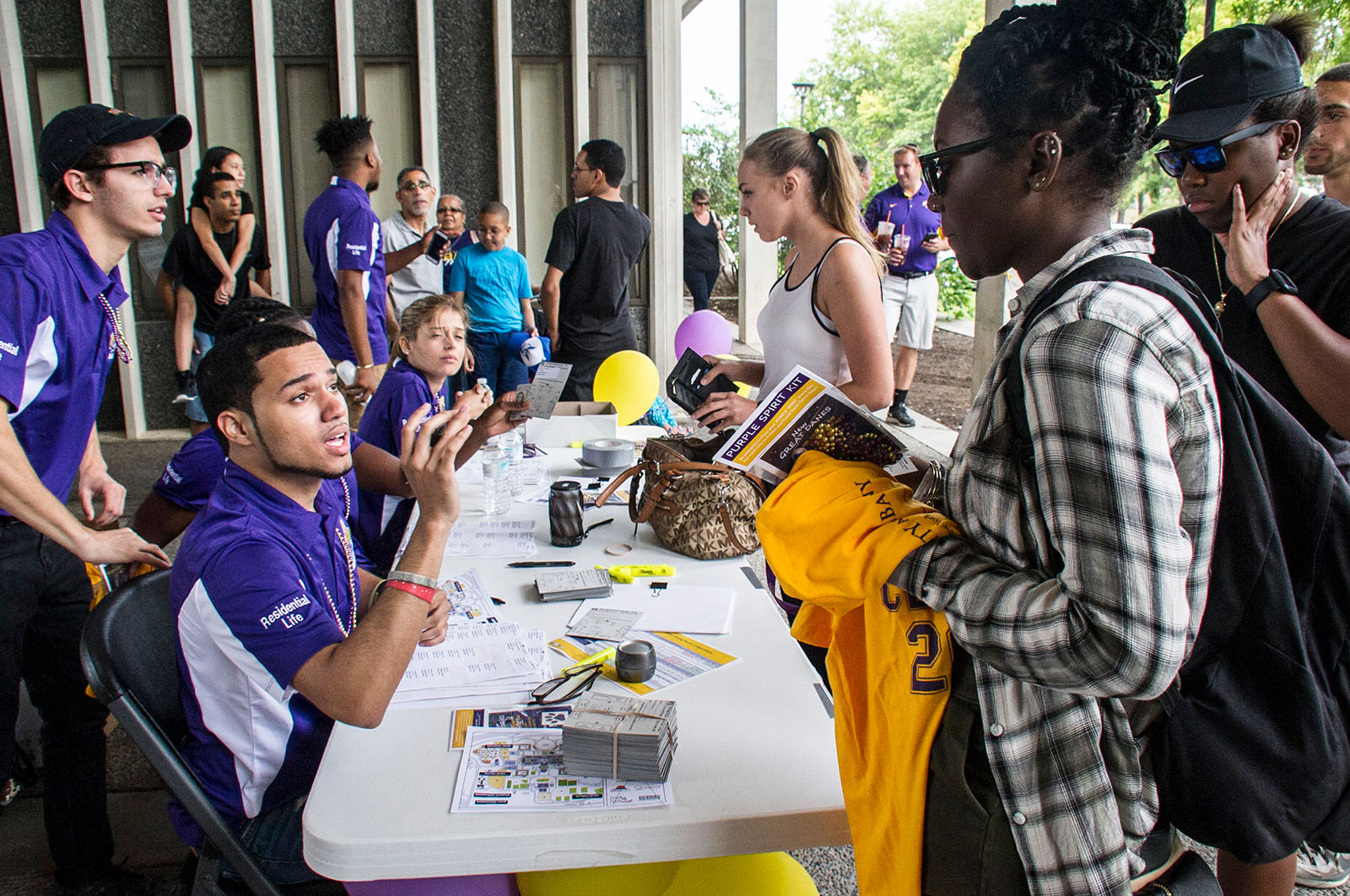Learning objectives that UAlbany students are expected to attain through their course of study within their academic program.
Bachelor of Arts
- Students will apply statistical approaches to described empirical patterns and test theory.
- Students will assess research studies in terms of key choices and decisions.
- Students will define and compare basic theoretical orientations, how these reflect historical and cultural context, and how they can be applied to social reality.
- Students will describe the diversity of American society, and the significance of race, class, gender, and age.
- Students will describe the role of research methods in building sociological knowledge.
- Students will discuss the influence of social structure on individuals, and the effects of social interaction on society and social structure.
- Students will identify and compare basic methodological approaches.
- Students will understand the place of American society in the international context.








